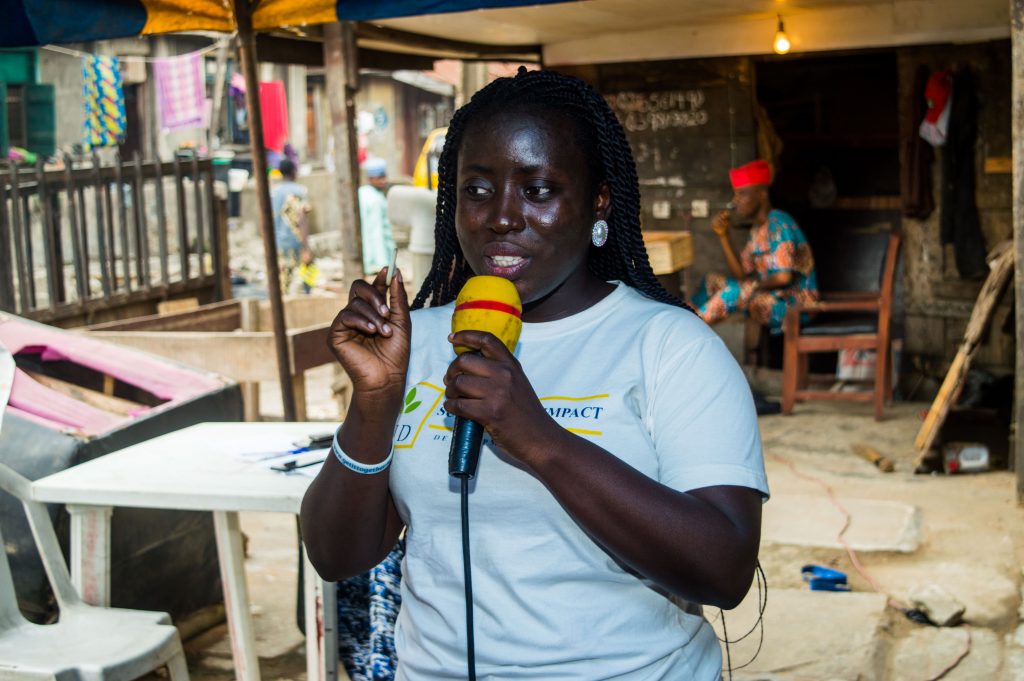
Due to the ongoing pandemic, a couple of states in Nigeria are on lockdown which implies that people can only come out for essential needs alone such as emergencies, health, and food and just because there is restriction of movements does not mean sex would go on lockdown.
We have often made jokes about “corona babies”, however for a number of women, this is definitely what they want at the time which makes family planning services a basic and essential health need.
Family planning allows a woman to decide when she wants to have children. Contraceptives prevent the negative outcomes of unintended pregnancies, unsafe abortion as well as Sexually Transmitted Infections (STIs). Therefore at a time like this, it is important that access to such service is maintained.
In order to avoid pregnancy, there are number of advisable options:
- Abstinence: This is especially advisable for young adolescents and those without proper knowledge of the use of contraceptives, it’s 100% effective of course, and provides dual protection against pregnancy and sexually transmitted infections including HIV.
- Fertility awareness method: Such as counting dates/fertility trackers such as basal temperature monitoring and ovulation period in the menstrual cycle. This method is known to have a high failure rate.
- Condoms: Usually made from latex, they work by preventing sperm from entering the vagina. They are effective, if worn properly, it is also the only method that helps to prevent Sexually Transmitted infections including HIV. Condoms are easily accessible as it can be purchased at the nearest pharmacy.
- Pills: can be combined or progesterone only; They are 92% effective and up to 99% effective if taken consistently and correctly. These are also readily available at the pharmacy, however, there are people who are not advised to be on them (these are people who smoke, those who have had a heart attack, history of a clot in legs and lungs, history of migraines), also it requires a level of compliance such as not skipping a day for maximal effectiveness.
- Emergency contraceptives: Emphasis will be made for the pills as it is readily available at the pharmacy, to be used within 120hours of unprotected sex as they have shown 95% effectiveness if used this way. However, this method is not advisable for a regular method of contraception.
- Injectables and implants: They are given 2 monthly or 3 monthly, its 97-99% effective.
- Intrauterine device systems: More than 99% effective, long-lasting although this is not readily available as you will need to book an appointment at the health center.
Other things to note:
- If you’ve been on a particular form of contraceptives, please continue on it.
- Side effects are known to occur with hormonal contraceptives and you should call your clinic if you experience such.
- If a method you have been on such as an implant, IUCD, injectables expires, you should add on another method such as condoms; and do not try to remove the device for yourself and call your health center for the nearest available date for its removal.
Nice write up. This information is necessary at a time when one needs to avoid regular visit to the hospitals and clinic due increasing cases of COVID-19.
Nice talk from a professional, we will take of all the advices and we would go for the one that best suits us.
Thank you, glad to have been of help.
Very informative. Well done
Thank you.
This is such a beautiful and informative piece. Thank you so much Dr Oyemola 🤗🤗
I appreciate your feedback.
This is a timely write up, this is another way to prevent overwhelming the health system in Nigeria which isn’t exactly buoyant.
Thank you.